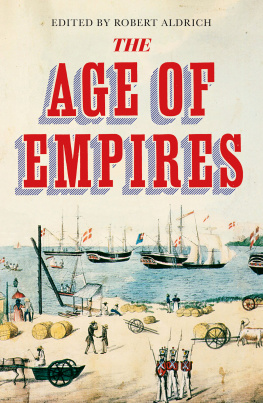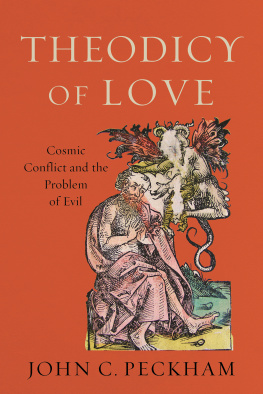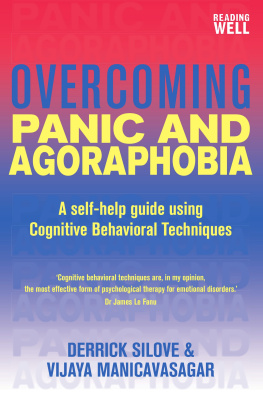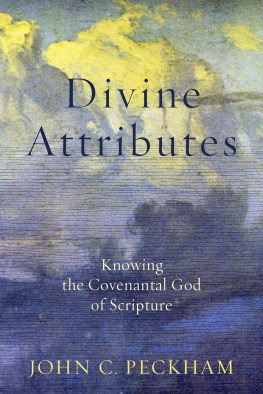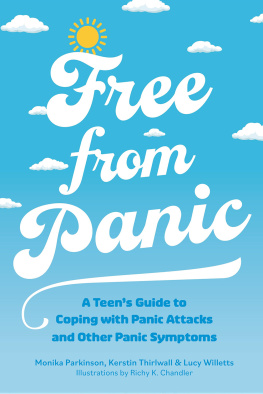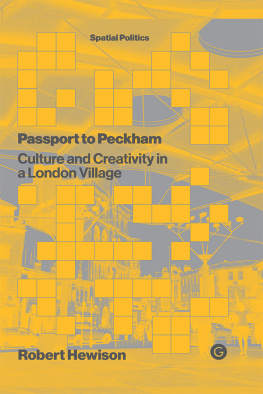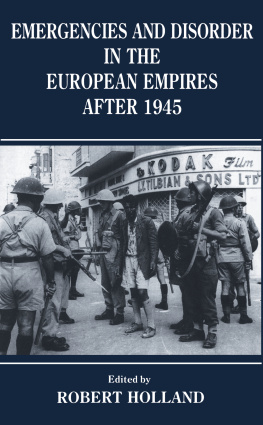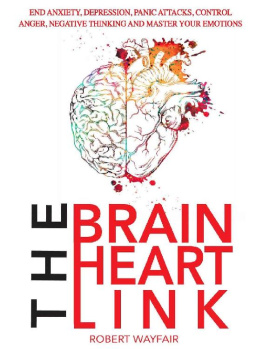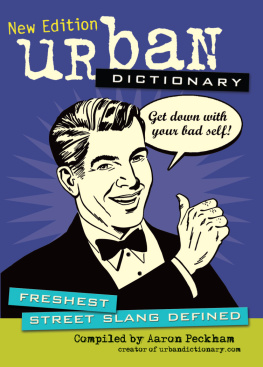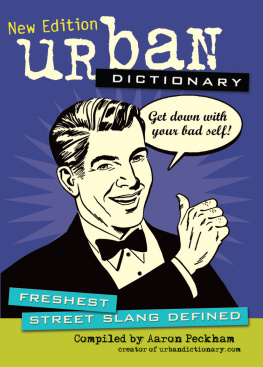Robert Peckham - Empires of Panic
Here you can read online Robert Peckham - Empires of Panic full text of the book (entire story) in english for free. Download pdf and epub, get meaning, cover and reviews about this ebook. year: 2015, publisher: HongKongUP, genre: Politics. Description of the work, (preface) as well as reviews are available. Best literature library LitArk.com created for fans of good reading and offers a wide selection of genres:
Romance novel
Science fiction
Adventure
Detective
Science
History
Home and family
Prose
Art
Politics
Computer
Non-fiction
Religion
Business
Children
Humor
Choose a favorite category and find really read worthwhile books. Enjoy immersion in the world of imagination, feel the emotions of the characters or learn something new for yourself, make an fascinating discovery.

- Book:Empires of Panic
- Author:
- Publisher:HongKongUP
- Genre:
- Year:2015
- Rating:5 / 5
- Favourites:Add to favourites
- Your mark:
- 100
- 1
- 2
- 3
- 4
- 5
Empires of Panic: summary, description and annotation
We offer to read an annotation, description, summary or preface (depends on what the author of the book "Empires of Panic" wrote himself). If you haven't found the necessary information about the book — write in the comments, we will try to find it.
Empires of Panic — read online for free the complete book (whole text) full work
Below is the text of the book, divided by pages. System saving the place of the last page read, allows you to conveniently read the book "Empires of Panic" online for free, without having to search again every time where you left off. Put a bookmark, and you can go to the page where you finished reading at any time.
Font size:
Interval:
Bookmark:
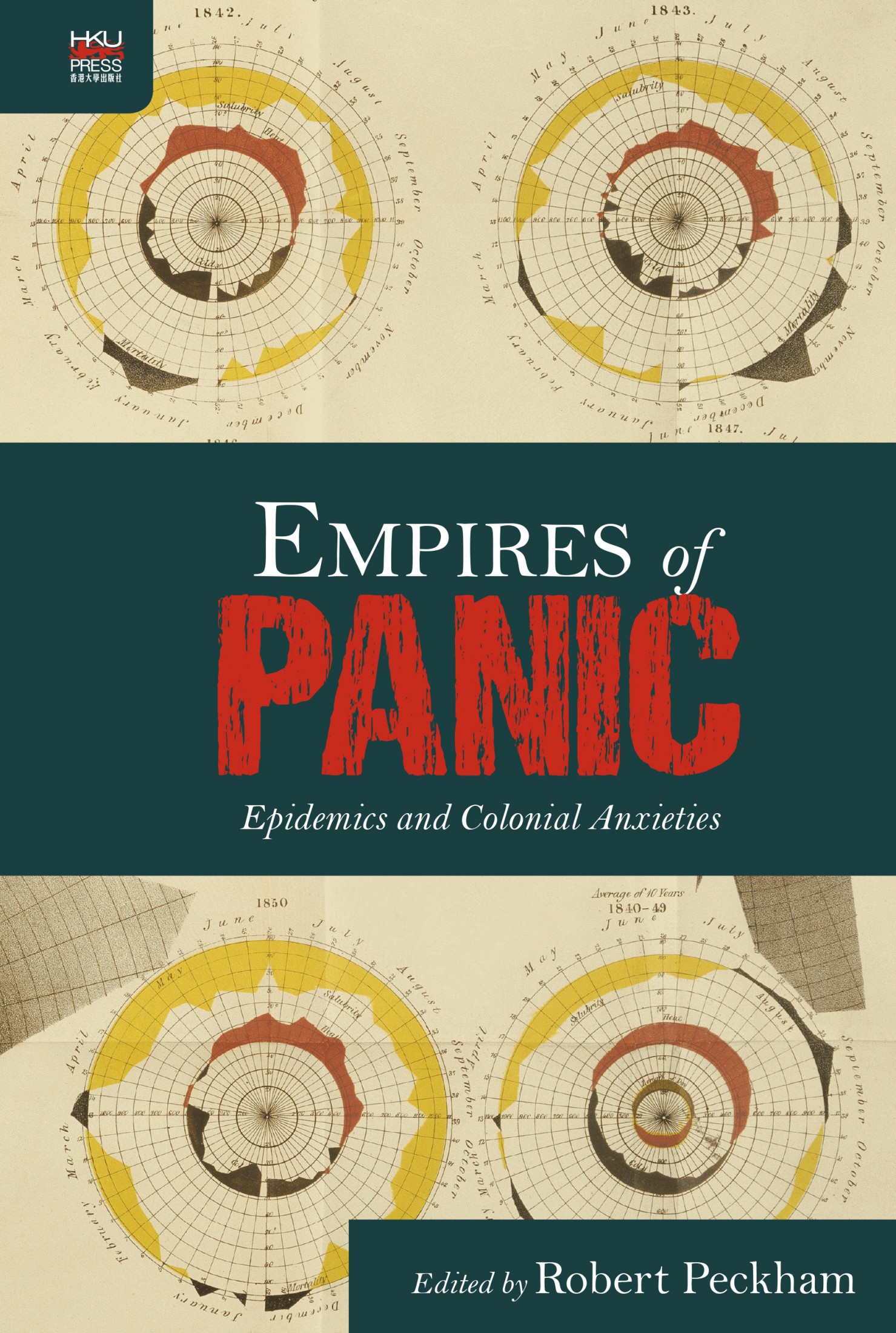

Empires of Panic is the first book to explore how panics have been historically produced, defined, and managed across different colonial, imperial, and post-imperial settingsfrom early nineteenth-century East Asia to twenty-first-century America. Contributors consider panic in relation to colonial anxieties, rumors, indigenous resistance, and crises, particularly in relation to epidemic disease. How did Western government agencies, policymakers, planners, and other authorities understand, deal with, and neutralize panics? What role did evolving technologies of communication play in the amplification of local panics into global events? Engaging with these questions, the book challenges conventional histories to show how intensifying processes of intelligence gathering did not consolidate empire, but rather served to produce critical uncertaintiesthe uneven terrain of imperial panic.
Robert Peckham is associate professor in the Department of History and co-director of the Centre for the Humanities and Medicine at the University of Hong Kong.
Charting the relays of rumor and knowledge that stoke colonial fears of disease, disorder, and disaster, Empires of Panic offers timely and cautionary insight into how viscerally epidemics inflame imperial anxieties, and how words and their communication over new technologies accelerate panic, rally government intervention, and unsettle and entrench the exercise of global power. Relevant a century ago and even more so today.
Nayan Shah, University of Southern California; author of Contagious Divides: Epidemics and Race in San Franciscos Chinatown
Empires generated anxiety as much as ambition. This fine study focuses on anxieties generated by disease. It is the first book of its kind to track shifting forms of panic through different geopolitical regimes and imperial formations over the course of two centuries. Working across medical and imperial histories, it is a major contribution to both.
Andrew S. Thompson, University of Exeter; author of Empire and Globalisation: Networks of People, Goods and Capital in the British World, c. 18501914 (with Gary B. Magee)
Edited by Robert Peckham

Hong Kong University Press
The University of Hong Kong
Pokfulam Road
Hong Kong
www.hkupress.org
2015 Hong Kong University Press
ISBN 978-988-8208-44-9 (Hardback)
ISBN 978-988-8313-60-0 (eBook)
All rights reserved. No portion of this publication may be reproduced or transmitted in any form or by any means, electronic or mechanical, including photocopy, recording, or any information storage or retrieval system, without prior permission in writing from the publisher.
British Library Cataloguing-in-Publication Data
A catalogue record for this book is available from the British Library.
First printing 2015
First eBook 2015
10 9 8 7 6 5 4 3 2 1
: Chart showing temperature and mortality of London for every week of 11 years, 184050. William Farr, Report on the Mortality of Cholera in England, 184849 (London: W. Clowes and Sons for H.M.S.O., 1852). Courtesy: Wellcome Library, London.
Black Friday at the Vienna Stock Exchange, May 9, 1873.
Canton Fire of 1822.
Chart Showing the Progress of the Spasmodic Cholera.
The Kind of Assisted Emigrant We Can Not Afford to Admit. Illustration by Fritz Graetz showing the cholera personified as a Turkish immigrant arriving in New York.
Location map of places mentioned in the text.
Group of Veterans Who Served in the Indian Mutiny, hosted at a Government House Auckland fete held by Lord Ranfurly on April 24, 1900.
The Eastern Telegraphic System and Its General Connections, 1894.
I am grateful to the Faculty of Arts at the University of Hong Kong for generously supporting a workshop on panic and empire with a grant from the Louis Cha Research Fund. My thanks to Kam Louie, Daniel Chua, and my colleagues in the Department of History for their encouragement. I have benefitted greatly from conversations with friends and colleagues, who have helped me to think in new ways about panics histories. In particular, I thank David Arnold for his comments and suggestions. I also owe a debt to Alison Bashford, John Carroll, Harald Fischer-Tin, Alan Lester, Christopher Munn, Kerry Ward, and Christine Whyte. I am grateful to the two anonymous readers who provided helpful comments on the draft manuscript. Clara Ho, Serina Poon, and the production team at Hong Kong University Press were a model of patience and efficiency throughout. Finally, my thanks to Maria Sin at the Centre for the Humanities and Medicine for helping to oversee the panic project from its inception.
David Arnold is emeritus professor of Asian and global history in the History Department at the University of Warwick and the author of numerous books on the history of modern South Asia, and beyond, including: Colonizing the Body: State Medicine and Epidemic Disease in Nineteenth-Century India (1993), The Problem of Nature (1996), Science, Technology and Medicine in Colonial India (2000), Gandhi (2001), The Tropics and the Traveling Gaze: India, Landscape, and Science, 18001856 (2006), and Everyday Technology: Machines and the Making of Indias Modernity (2014).
Alison Bashford is Vere Harmsworth Professor of Imperial and Naval History at the University of Cambridge, and fellow of Jesus College. Her trio of co-edited booksContagion (2001), Isolation (2003), and Medicine at the Border (2006)brought together historians and geographers to consider place and disease. Her later work has analyzed population and environmental history, most recently Global Population: History, Geopolitics, and Life on Earth (2014). With David Armitage, she has recently edited Pacific Histories: Ocean, Land, People (2014).
James Beattie is senior lecturer in history at the University of Waikato. He teaches and writes on environmental history and the history of science, and art collecting. He is especially interested in the exchanges of ideas, people, and plants between East Asia, South Asia, and Australasia facilitated by imperialism. His monograph, Empire and Environmental Anxiety, 18001920: Health, Science, Art and Conservation in South Asia and Australasia (2011), explores environmental and health connections between South Asia and Australasia. He is the co-editor of two recent books: Eco-Cultural Networks and the British Empire (2014) with Edward Mellilo and Emily OGorman, and Climate, Science and Colonization: Histories from Australia and New Zealand (2014), with OGorman and Matt Henry.
John M. Carroll is professor of history and associate dean for outreach in the Faculty of Arts at the University of Hong Kong. His research interests include modern Chinese history, Hong Kong history, and colonialism and imperialism in Asia. He is the author of Edge of Empires: Chinese Elites and British Colonials in Hong Kong
Font size:
Interval:
Bookmark:
Similar books «Empires of Panic»
Look at similar books to Empires of Panic. We have selected literature similar in name and meaning in the hope of providing readers with more options to find new, interesting, not yet read works.
Discussion, reviews of the book Empires of Panic and just readers' own opinions. Leave your comments, write what you think about the work, its meaning or the main characters. Specify what exactly you liked and what you didn't like, and why you think so.

